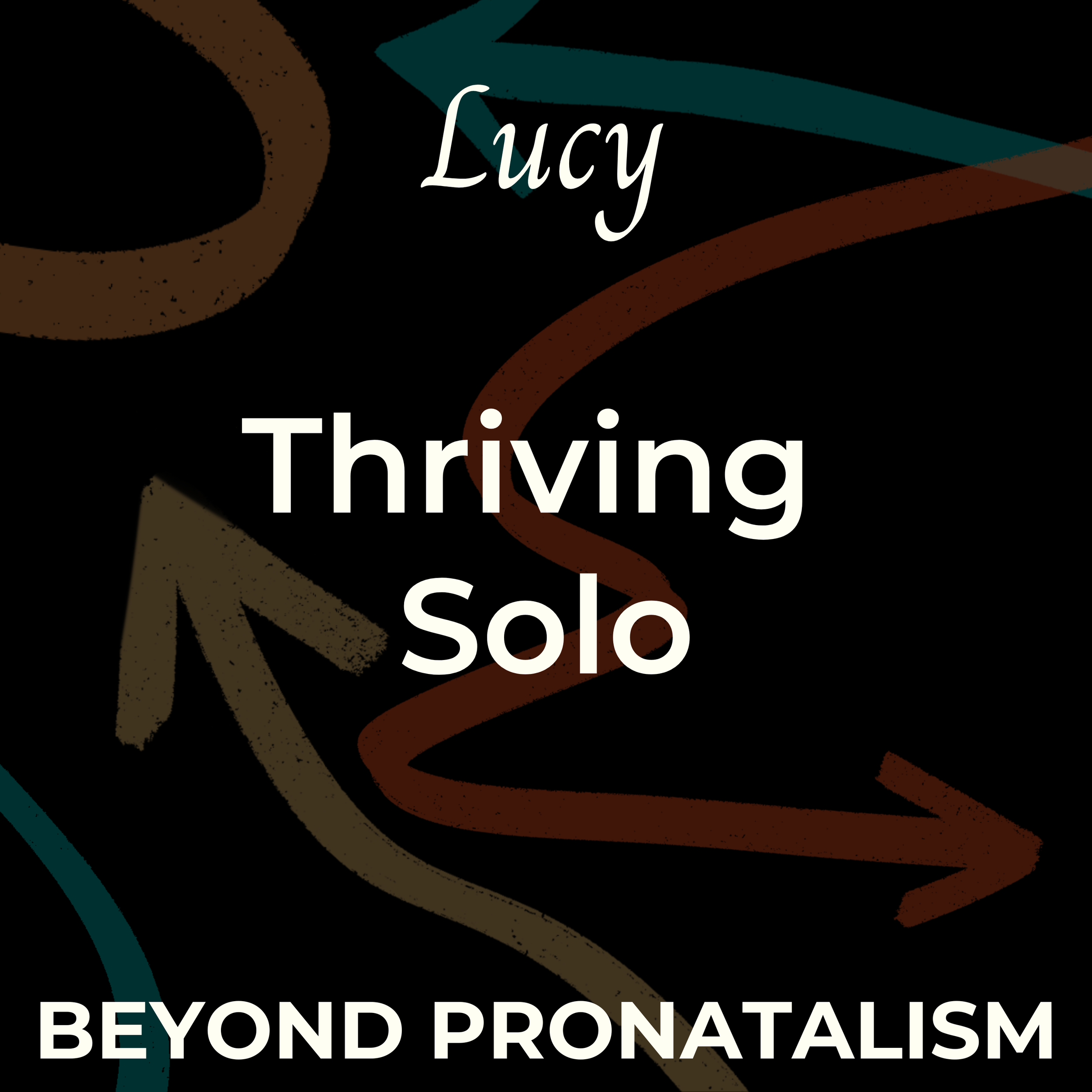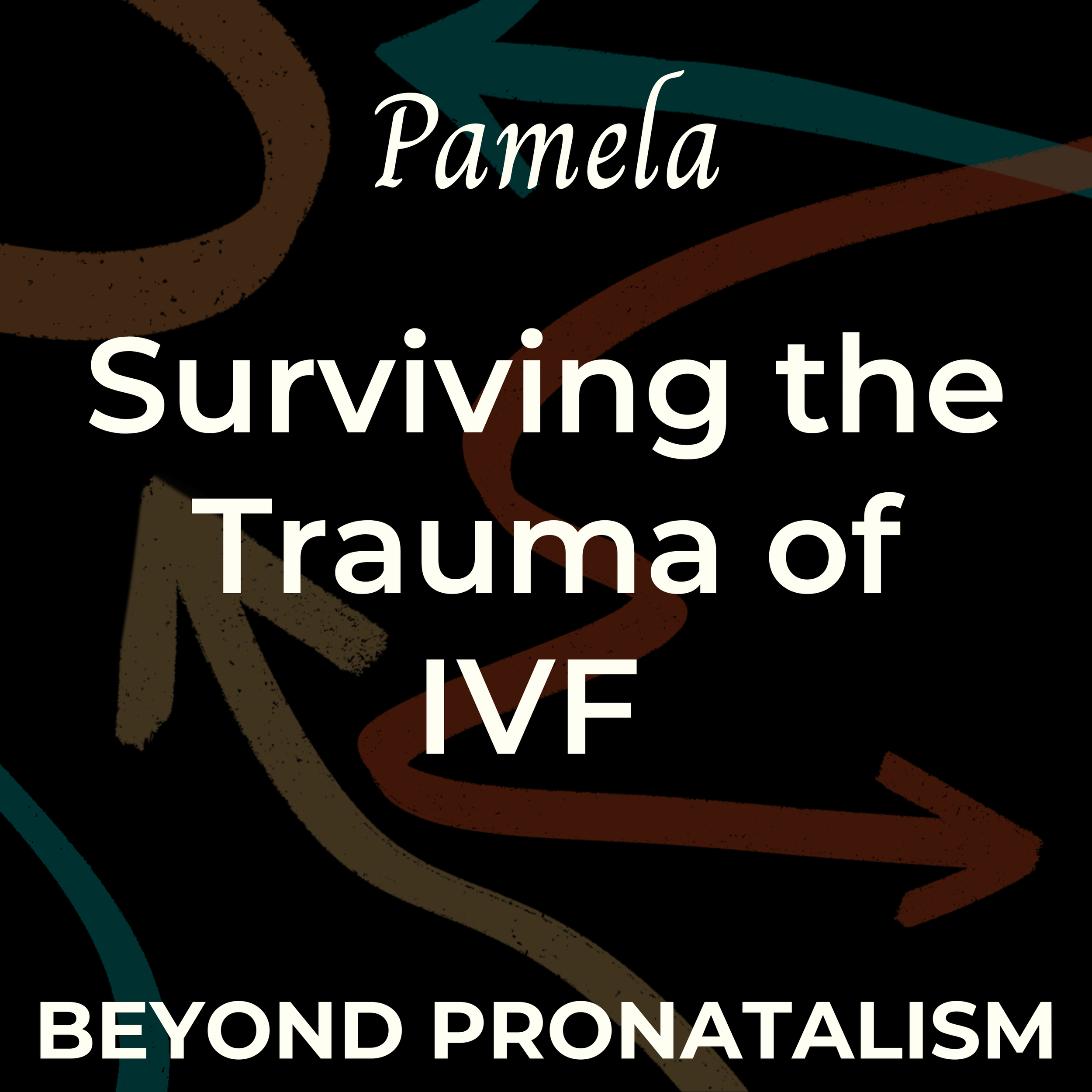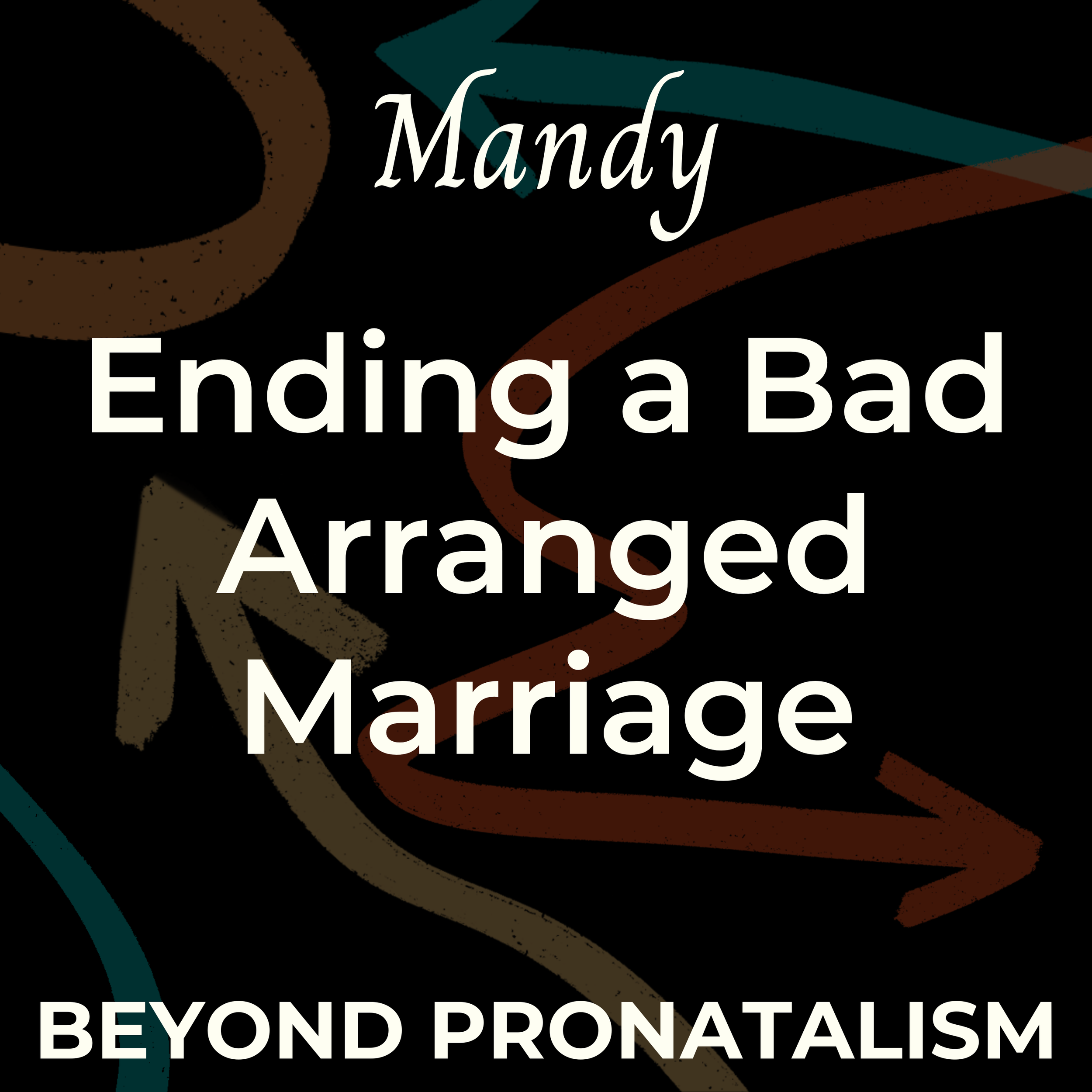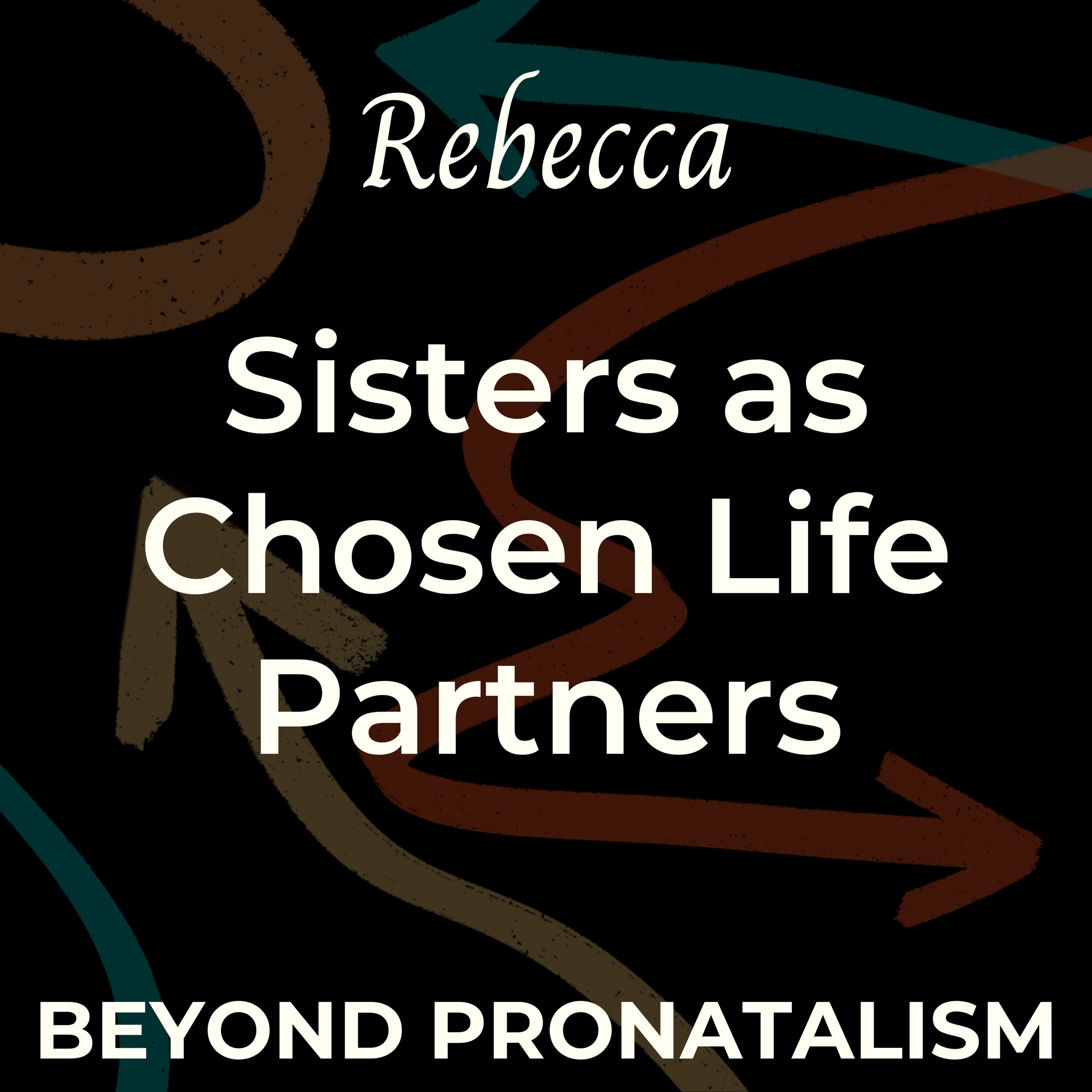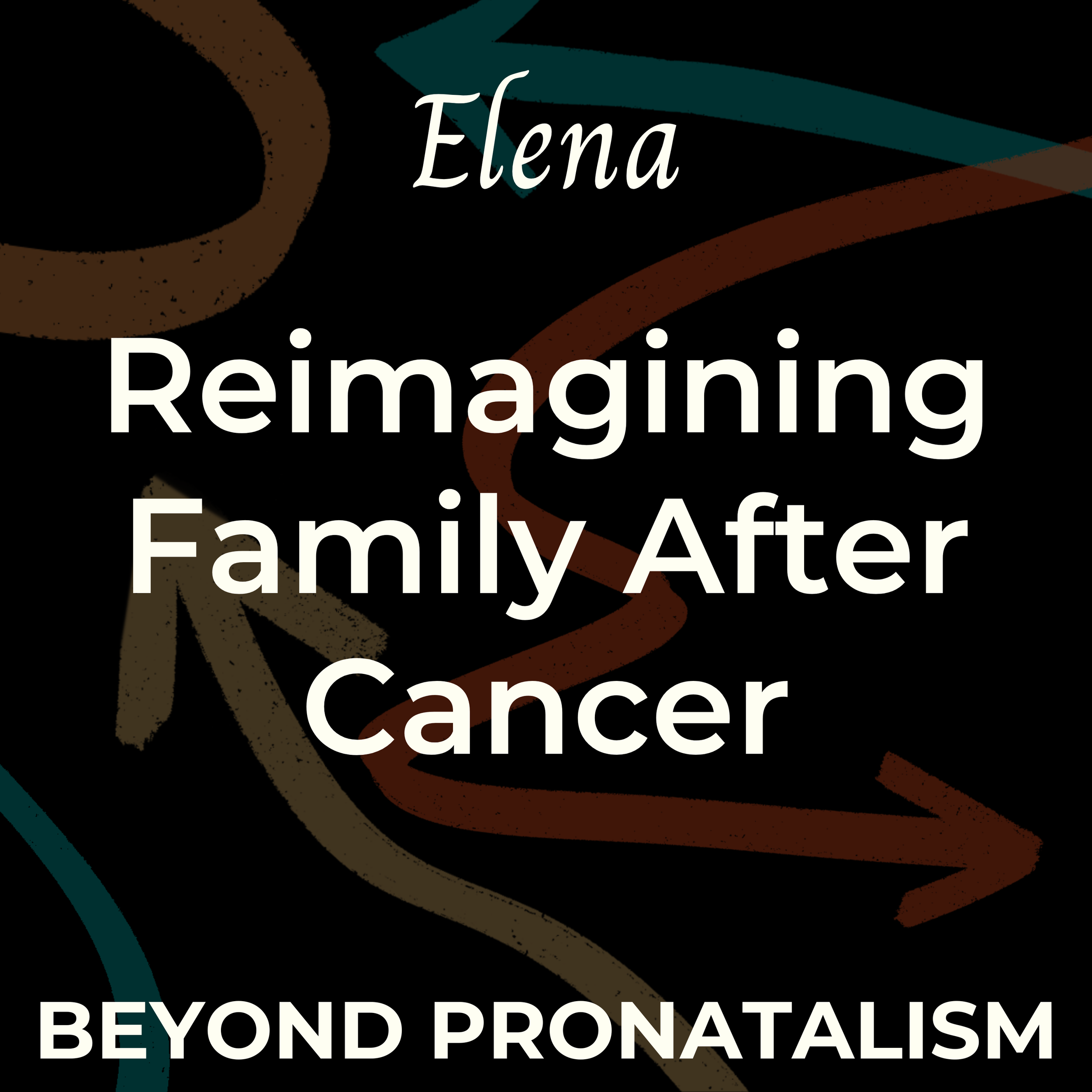
CONFRONTING PRONATALISM
What is pronatalism?
Pronatalism refers to the societal and institutional pressures to have children, which often show up as pressures for children or grandchildren by family members; religious messaging to “be fruitful and multiply;” and political pressures to grow the military, specific racial and ethnic groups, and the economy. These pressures are a product of at least five thousand years of patriarchal norms. Pronatalism both undermines reproductive choice and is the leading driver of overpopulation.
“When it comes to reproduction and the transition to motherhood, how much room to maneuver do women actually have if we are free to choose only what society wants us to choose?”
Dr. Orna Donath, Regretting Motherhood
The population taboo
Unfortunately, some policies of the recent past that sought to stabilize our population, such as China’s one-child policy and forced sterilizations in India, were coercive and violated human rights. These egregious episodes have resulted in the silencing of population discussions to the present day, to the point where merely mentioning the word “overpopulation” has become taboo. This taboo is misguided, as most population stabilization efforts have been rights-based and voluntary. It is also deeply harmful because it does not acknowledge that pronatalist pressures to give birth have been far more pervasive than coercive population stabilization efforts, and that this form of oppression of women and girls is what drives population growth.
“Seen through a feminist lens, overpopulation is the result of pronatalism, which undermines not only reproductive choice but also the rights of children to be born into conditions conducive to their wellbeing – socially, materially, and ecologically.”
Nandita Bajaj, The Perils of Population Denial
From stigma around not having children, to abortion bans and contraceptive restrictions, to obstacles that prevent elective sterilization, to domestic violence to women who are caught using contraceptives, this force remains powerful in women’s lives to this day. Everywhere in the world, where women are empowered and gain access to contraception, fertility drops - in the absence of pronatalism, population growth would not be an issue. As such, “overpopulation” is a feminist concept. Neutralizing pronatalism will result not only in liberation for women and girls, but also in shrinking our population as more people freely choose to have fewer or no children.
Challenging pronatalism is not antinatalist
Opposing pronatalism is not the same as antinatalism, which is a philosophical position that views having children as unethical. Given how deeply women’s reproductive choices are influenced by pronatalism, antinatalism inappropriately blames those who have little say over their own reproduction.
Our goal is a world where people are neither pressured into having children nor scorned for having them, and where people arrive at reproductive decisions with maximum autonomy, education, and informed responsibility.
“When one’s choices affect the welfare of others, they are morally significant. Procreation obviously affects the welfare of others—both the child who is conceived and the people who are later affected by the child’s presence.”
Dr. Trevor Hedberg, The Ethics of Procreation














